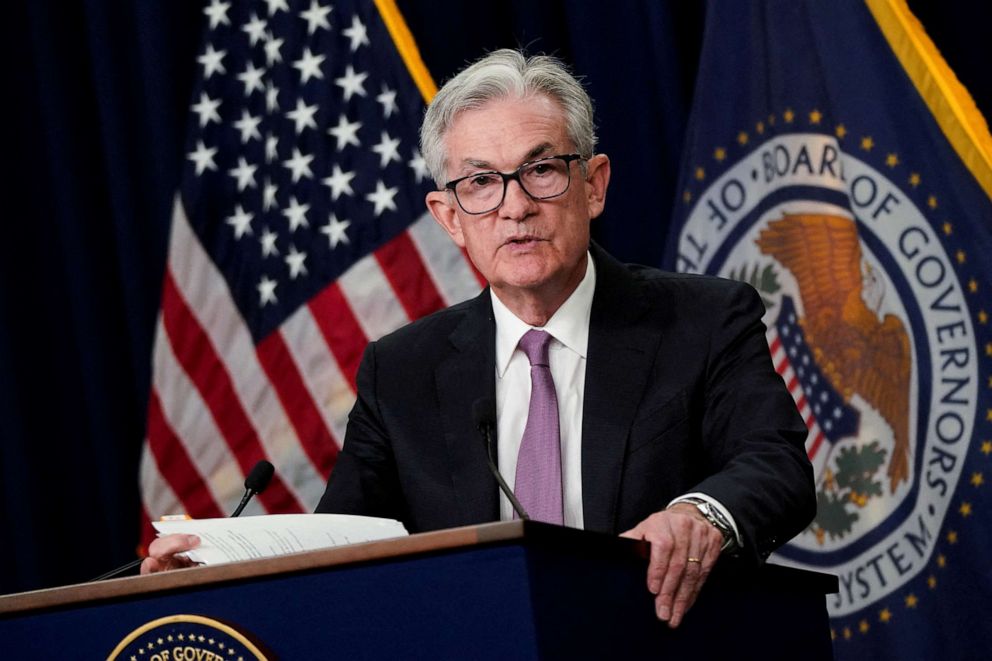Wednesday's inflation data set will show whether the very high price gains accelerated or weakened in July.
New data arrive at a time when costs are weighing on household budgets and the Federal Reserve is trying to keep inflation under control with a series of rate hikes, which could theoretically keep the economy Slow down, reduce demand, cut prices.
According to the median Bloomberg survey, economists expect the report to show the consumer price index rose 8.7% year-on-year in July .Although still high, this figure would include a slowdown from his 9.1% in June, which marked the highest inflation rate since 1981.
But the data have given mixed signals about the economy in recent weeks, adding to the uncertainty. About how the price reacts.
Inflation is expected to slow as the national average price of gasoline, which makes up an important part of the consumer price index, has fallen for more than 50 consecutive days.According to AAA.
Meanwhile, a government report on Fridaysaid July employment was more than double economists' expectationsand his Fed's We are ignoring efforts and blaming recession fears.
Strong hiring growth last month -- 528,000 jobs added, unemployment rate dropping to 3.5% -- pushes higher wages that could put upward pressure on consumer prices arose with

Federal Reserve Chairman Jerome Powell announced in July that Washington, D.C. Speech at a press conference in
Elisabeth Franz/Reuters, File
Wages The rise in is consistent with a multi-month pattern. According todata released by the federal government, a close measure of US wages called unit labor cost rose 9.5% in the second quarter of this year. TUESDAY.
In the face of high inflation, policymakers fear what is called a price-wage spiral, a self-perpetuating cycle of runaway inflation.
The US Federal Reserve (Fed) has tried to avoid a price and wage spiral with a series of hikes in borrowing costs, says Maurice Obstfeld, an economics professor at the University of California, Berkeley. told ABC News. In the last two months of meetings, the central bank raised its benchmark interest rate by 0.75%. A dramatic increase took place in 1994.
The Federal Reserve will have to go a long way," Obstfeld said.
However, some data suggest that inflation fears have abated significantly.
Consumers expect inflation to slow, according to a survey released by the New York Federal Reserve on Monday. Individuals who responded to the July survey said: He said he expects inflation to hover at 6.2% over the next year and 3.2% over the next three years. Both are well below inflation expectations consumers expressed last month.


